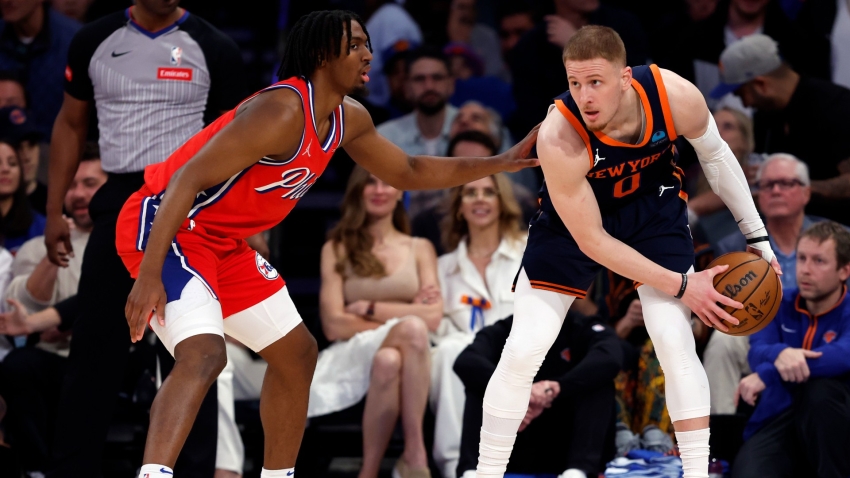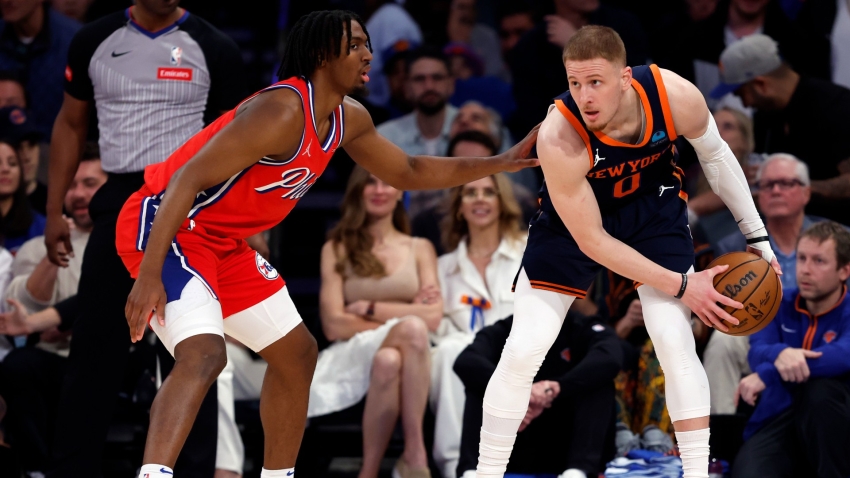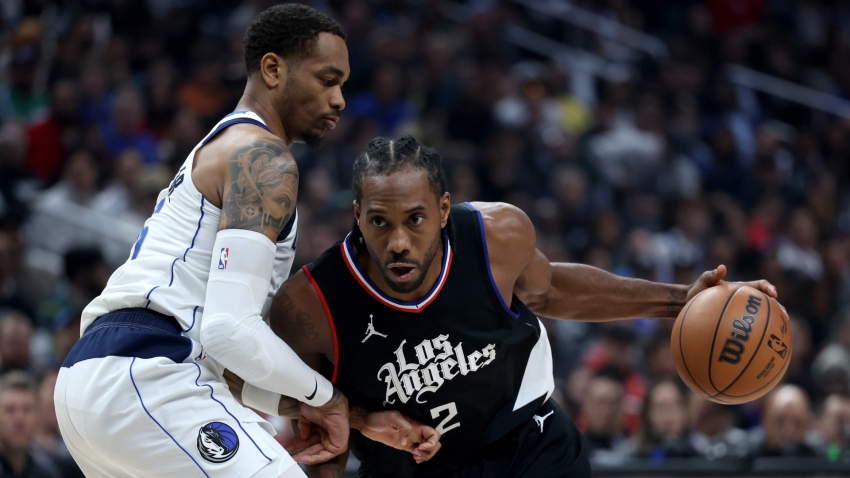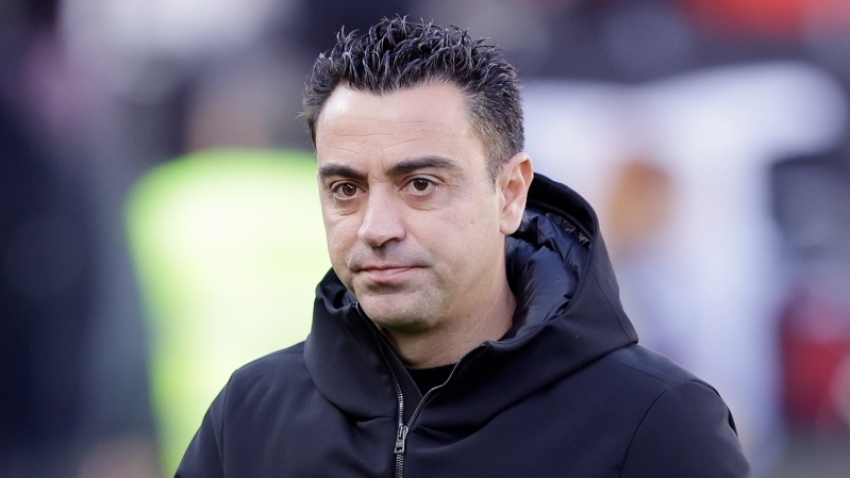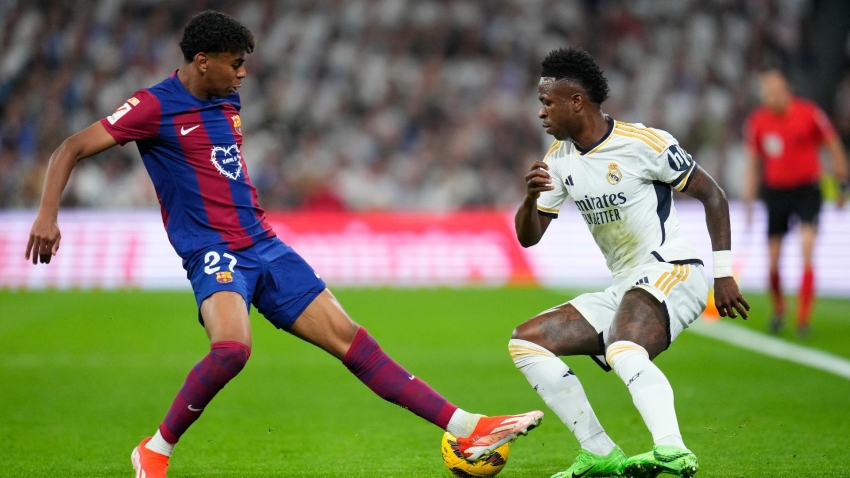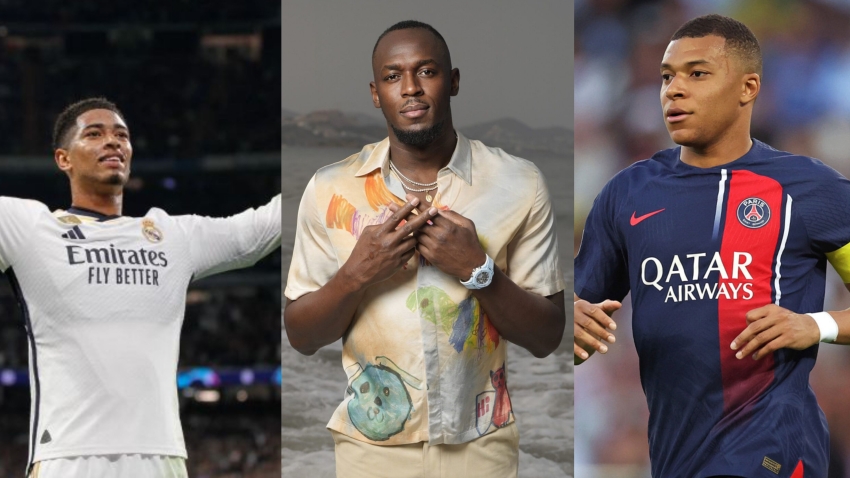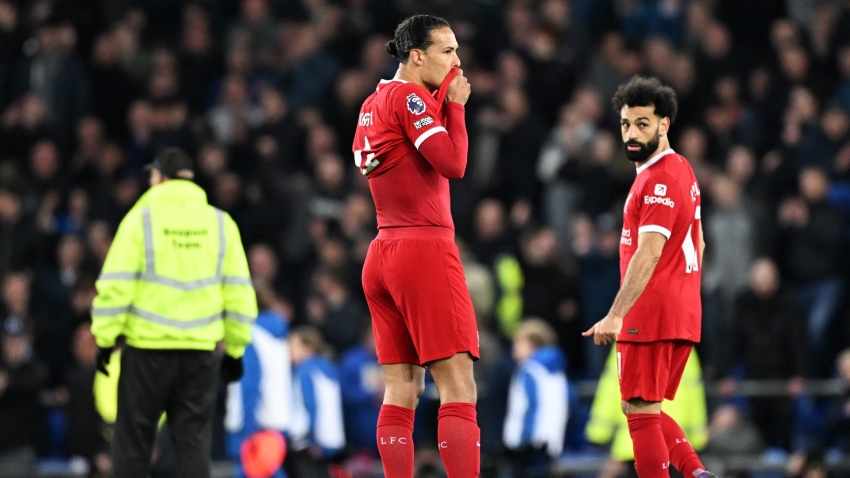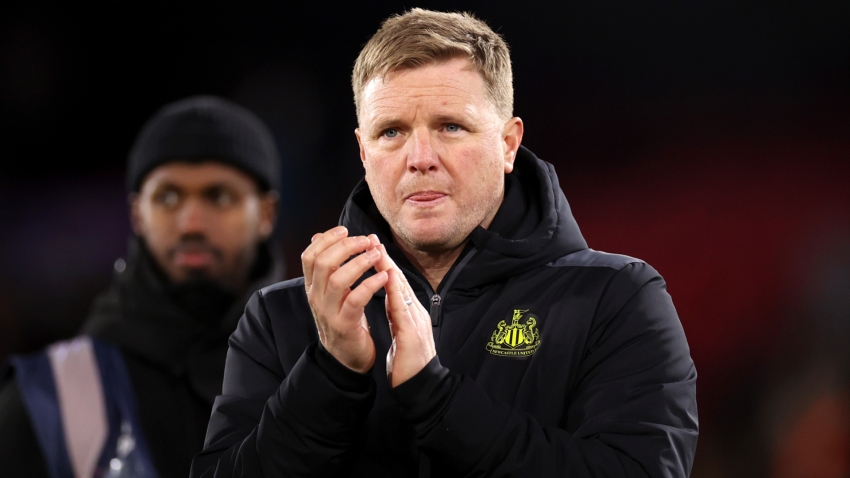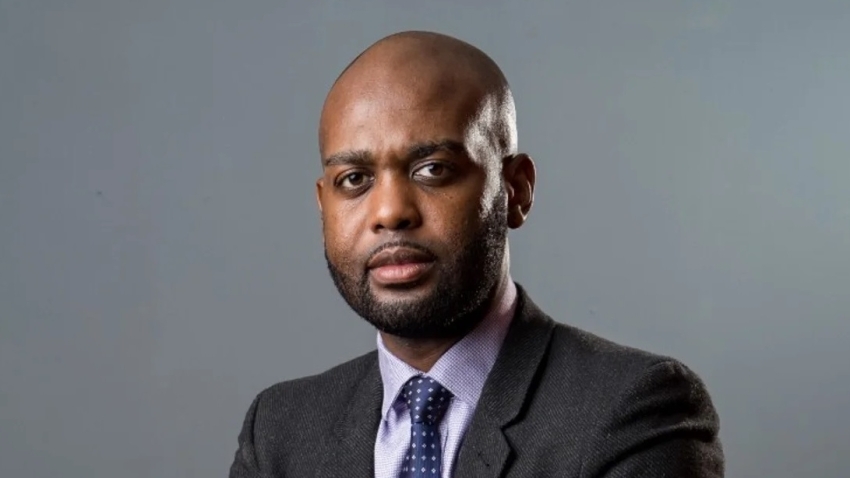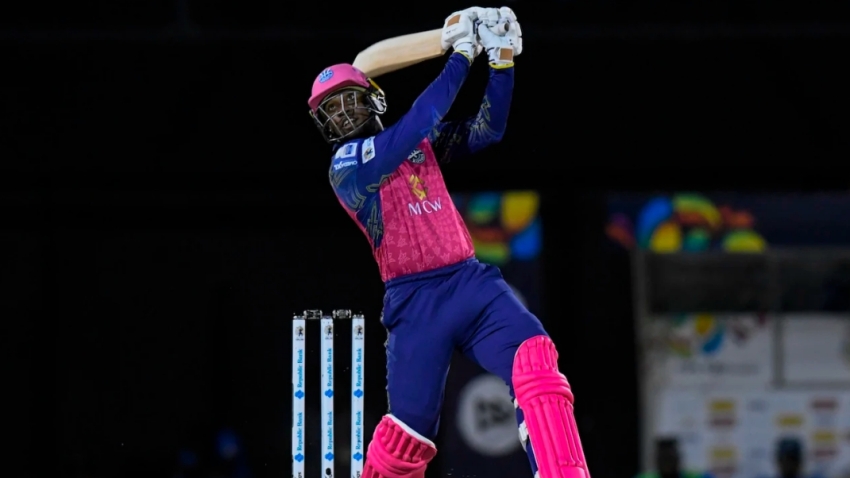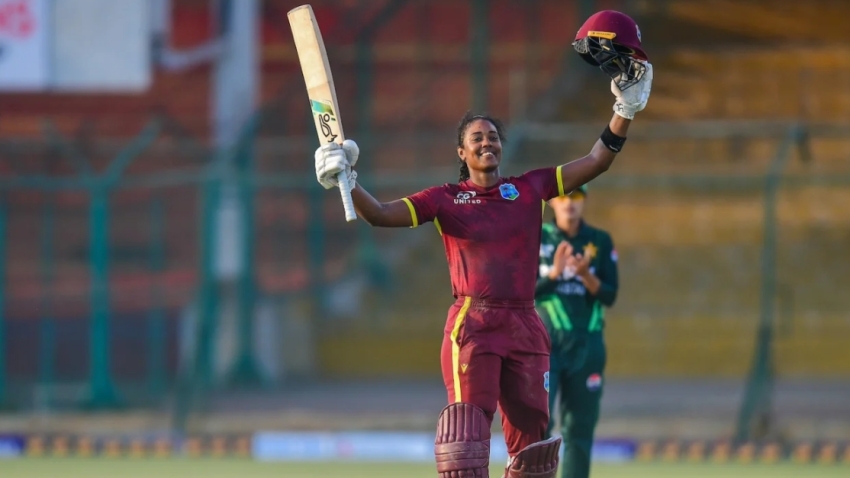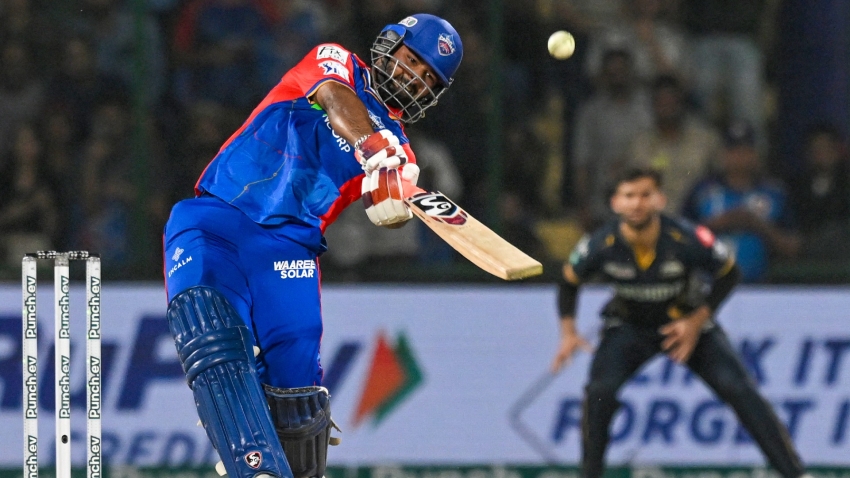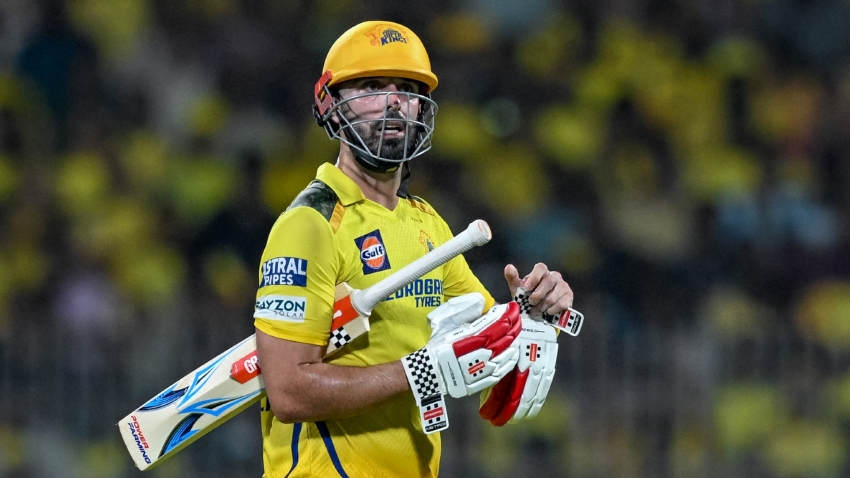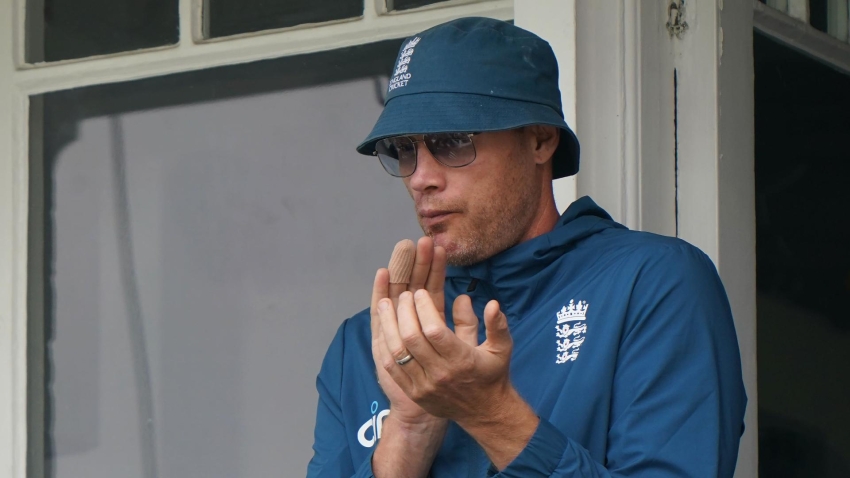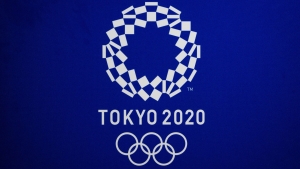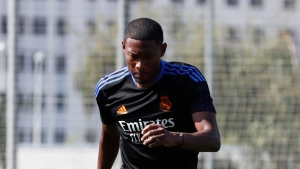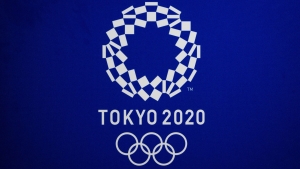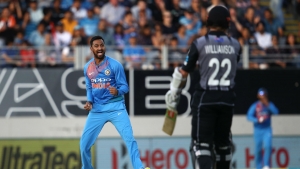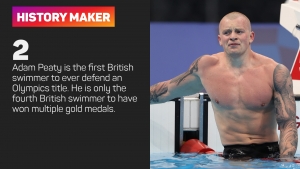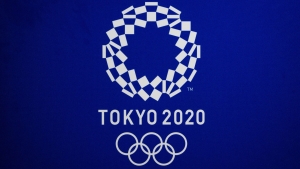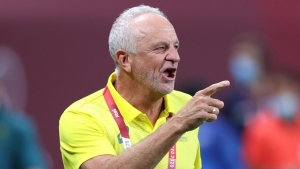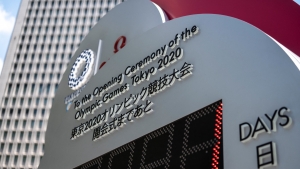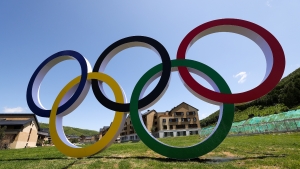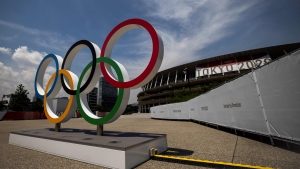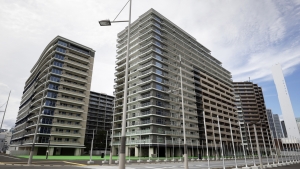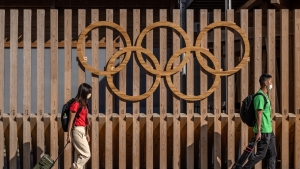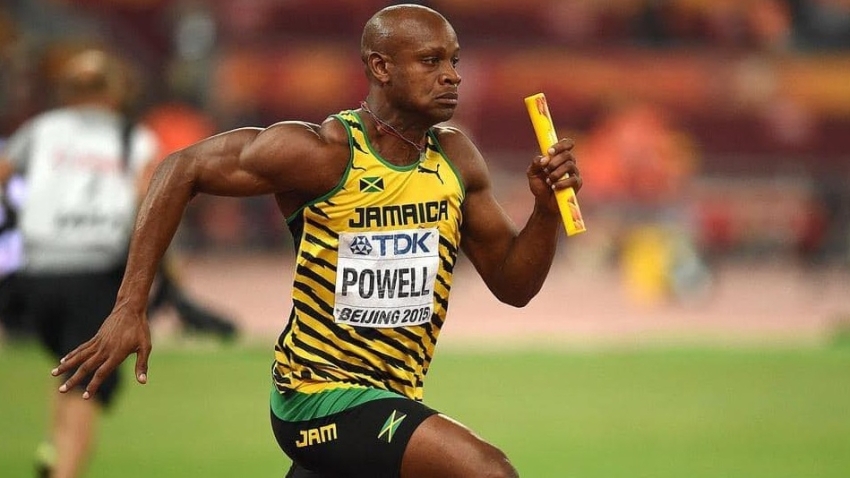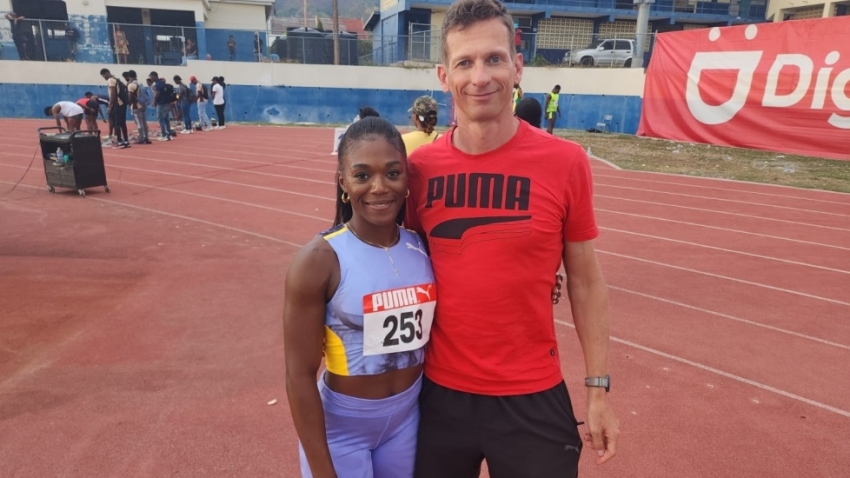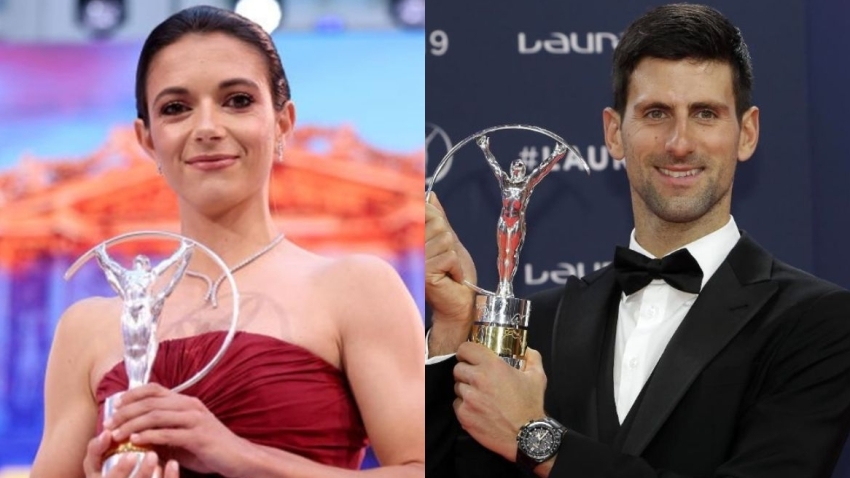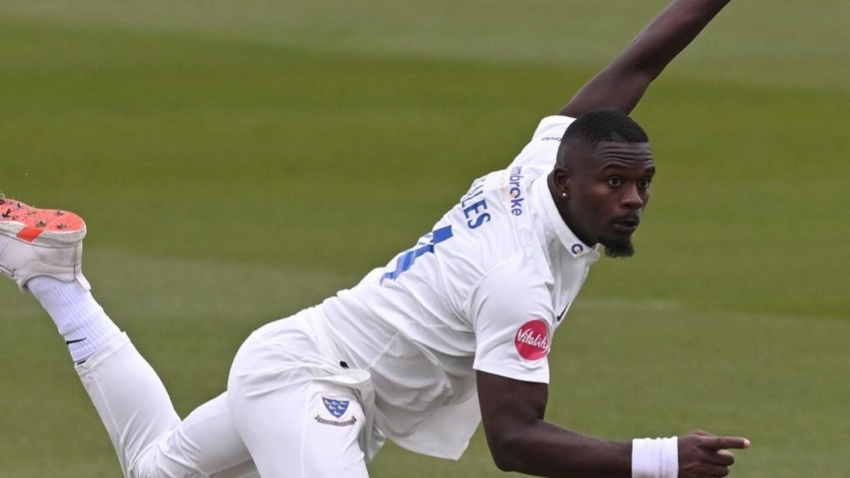The journey towards Tokyo 2020 has been a long and uncertain one.
Postponed by 12 months as a result of the coronavirus pandemic that continues to wreak havoc across the globe, it was by no means certain the Olympics would happen at all.
But here we are, just a day away from the opening ceremony as the last of the athletes, officials and world's media descend on the Japanese capital for a Games like no other.
Here, Stats Perform's reporter on the ground, Peter Hanson, documents his journey from Sheffield to Tokyo in a behind-the-curtain look at what it has taken to be part of the Olympics.
ONLINE SYSTEMS AND IMPORTANT ORGANISED FUN
For me and thousands of others, the trip to Tokyo technically started months in advance. To put it lightly, the organisers absolutely love an online system.
There's a system for accommodation details, there's a system for arrivals and departures at the airport, there's a system for registering health information, there's a system for each media organisation to nominate a Covid Liaison Officer (CLO) – whose job it is to inform Tokyo 2020 of any positive COVID-19 tests within the team. Given I'm the only full-time Stats Perform member on the ground in Tokyo that responsibility fell to me and I am responsible for…well, me.
On top of that, there's an Activity Plan to fill out, send back and ultimately get approval for by the Japanese government.
Admittedly, on the surface you may think this all sounds like a bit of "organised fun" but in truth it's an extremely important part of the process as it allows you to list all the venues you plan on visiting for the first 14 days of your stay in Tokyo. Getting this ratified is crucial because for those first two weeks you have to agree not to stray anywhere outside of those destinations or your hotel, while the use of public transport is not permitted.
A day before I travelled, I received a call from Tokyo 2020 to tell me my plan will be approved on the condition I agree to quarantine for three days at my hotel due to conditions on UK residents entering Japan amid a spike in coronavirus cases in Britain.
GO WITH THE (LATERAL) FLOW
With all of that (finally) taken care of, the path is fiddly yet relatively clear – but it's a path that involves testing, testing and testing again.
Indeed, against the wisdom of our parents who tell us from a very young age not to stick foreign objects in our orifices, I start the process of taking a lateral flow test every day a fortnight out from my flight to Tokyo.
As each day progresses, the results of these tests become more and more nervy as any positive case at that point would have almost certainly curtailed any hopes I had of covering the Games from Tokyo and ensured months of stress amounted to nought.
Then the really crucial tests come just days before departure. To enter Japan, a certificate of a negative test must be produced – one within 96 hours of take-off and one within 72.
Helpfully, the British Olympics Association helped facilitate these tests via Randox, a private testing company, and both certificates arrived with ample time before my flight.
THE DAY OF…
So, with activity plans in place and tests conducted the real "fun" could begin…
My own personal journey on the day began with a 6am wake-up alarm in order to take one last lateral flow test, prior to a 10am train from Sheffield to London St Pancras. From there, it's another hour on the Piccadilly line getting from central London to Heathrow Airport.
At this stage it's time to let you into a little personal secret. I am one of "those" people. The kind of people who like to arrive around six weeks early at the airport to make sure I'm on time for my flight…
I was at the airport six hours before my flight, which meant I had two hours to kill before I could even check in my case and, understandably, a contingent from TeamGB has first dibs on processing their luggage to delay things a little longer.
The check-in process at this stage was relatively normal, bar having to show proof of the negative COVID certificate, and the journey through security was also straightforward.
By the time I was at the other side, there was still around three hours until departure leaving ample time for that age-old British tradition…a beer and burger at Wetherspoons.
APP WOE AND LENGHTY WAITS AT HANEDA
By now (partly due to my own being late to the airport anxiety) the journey to Tokyo had already lasted around nine hours…now there was just the little matter of a 12-and-a-half-hour flight to Haneda Airport to get through.
The flight itself was nothing out of the ordinary, save for a few bumpy moments of turbulence. It was your standard fill out the customs forms, eat the flight food (I'm one of those strange folk who actually quite enjoys the in-flight meals…) and watch the on-board entertainment. My choices were "Avengers: Endgame", "Joker" and couple of episodes of the Big Bang Theory…yes, I know, the last one is completely rubbish but I needed something to pass the time as any attempt at sleep was now futile!
So, the flight itself was pretty mundane but this was where the sleep-deprived hard work began.
As soon as everyone stepped off the plane, we were split into two lines. One for domestic arrivals, who sailed onto immigration with a breeze. The other, significantly longer, line was for media and other Games-related stakeholders.
This was the start of the more arduous part of the process. Remember earlier when I mentioned the love of systems? Well, one of them was to have downloaded and logged into a health app named OCHA designed specifically for the Games which I was supposed to have signed into using my accreditation details…the only problem for me is it wasn't working and hadn't been for weeks. Whenever I tried to log in, I was just get greeted by an error message and weeks of back-and-forth with the relevant helpline had not yielded success.
Now, having OCHA was supposed to be a prerequisite to get into the country but luckily there was a workaround whereby I could fill out an online health questionnaire and print off a written pledge. Sounds simple enough, but it turns out the issue of the app not working was not exactly rare…
At this stage, it's only fair to pay credit to the rushed staff at Haneda, going round taking accreditation numbers, liaising with Games officials and eventually helping the hordes of media and officials progress to the next part of the process after over a groggy two-hour wait.
VALIDATION AND LAMINATION
After that painstaking delay, the remainder of the airport process was lengthy but impressively smooth.
Firstly, there's the small case of another COVID test. I first of all registered and picked up the sample kits and proceeded to the next room, which looked a little like something out of a sci-fi movie and entered a private booth. The only difference here, at least for me was that, instead of using swabs like back in the UK, the method of choice is a saliva antigen test where you essentially spit into a tube until you have enough of a sample to be analysed. It's about as grim as it sounds.
Feeling slightly disgusting, my sample was dropped off and there was another lengthy walk through to the holding area where I waited for my test number to appear on a screen, almost like being at a deli counter in the supermarket.
After around an hour, I received a negative result and the finish line was almost in sight. But first, it was time to get my accreditation validated.
Again, the logistics of this process were pretty flawless – it takes a good five-to-10 minutes to reach the accreditation desk but the route is perfectly sign-posted and in no time at all I have my fancy laminated accreditation on a lanyard, which will be used to get into all venues for the Games.
At last, it was time to go through immigration, whereby I underwent the typical scrutiny you face when entering a country, and – much to my delight – despite a three-and-a-half-hour process, my luggage was still waiting on the carousel at the other side.
SHUTTLE BUSES AND FANCY TAXI DOORS
This is nothing against Haneda, or the awesome people organising this huge logistical task, but it was a real relief to be leaving the airport.
Feeling a little like a D-list Hollywood actor, when I arrived in the departures hall I was whisked off outside by more helpful staff towards a shuttle bus, which took me to a taxi pick-up point around 20 minutes away.
Here, each person was assigned to an individual vehicle. After several attempts to open the passenger door, a kind lady helpfully pointed out that they are automatic and will open when the driver enters the car…needless to say the sight of the door swinging open of its own accord blew my tiny South Yorkshire mind.
Another 20-minute journey followed until – at last – I arrived at my hotel, checked-in and settled down into my room…some 27 hours after leaving Sheffield.


